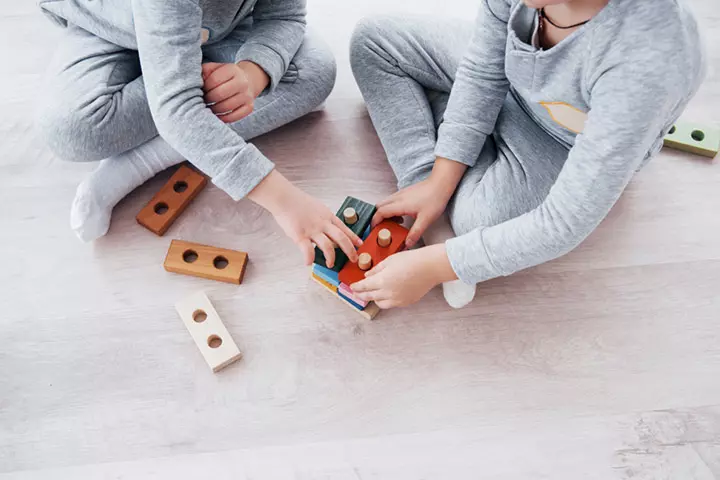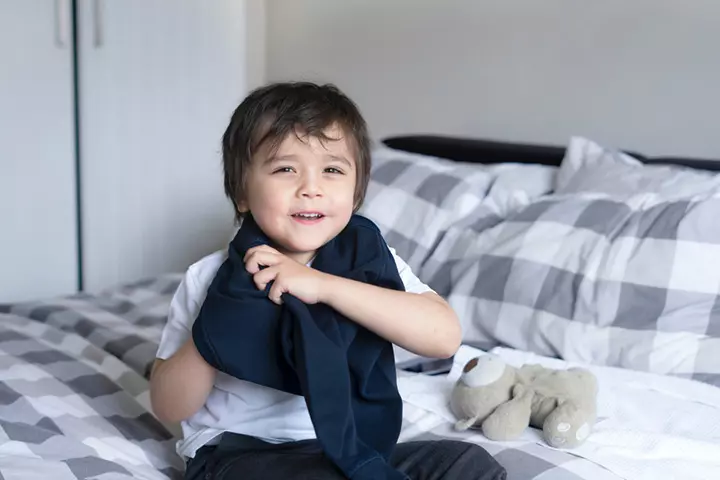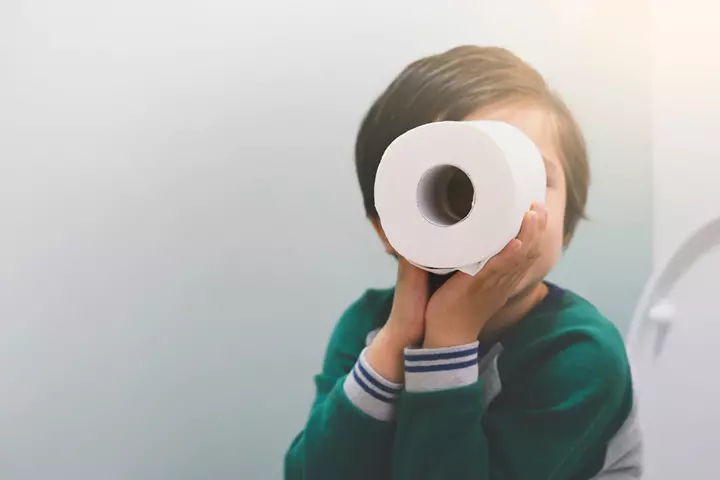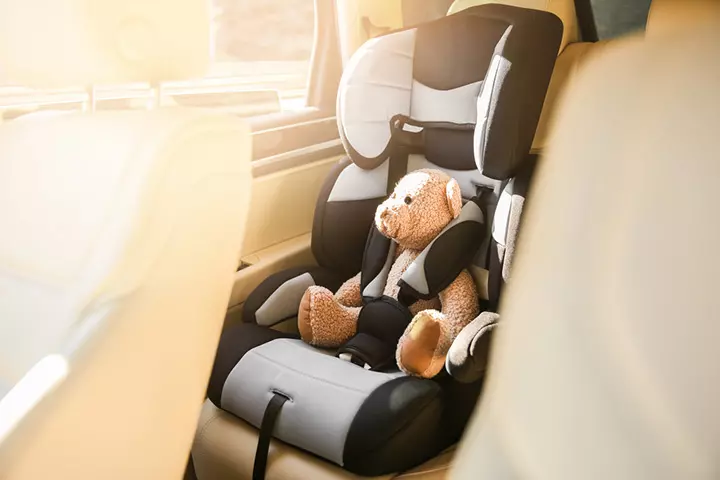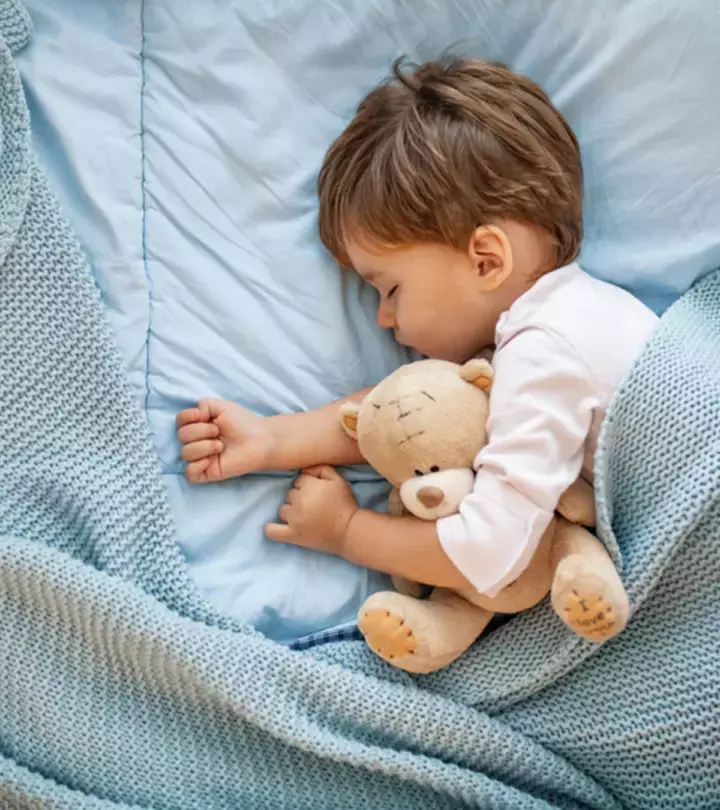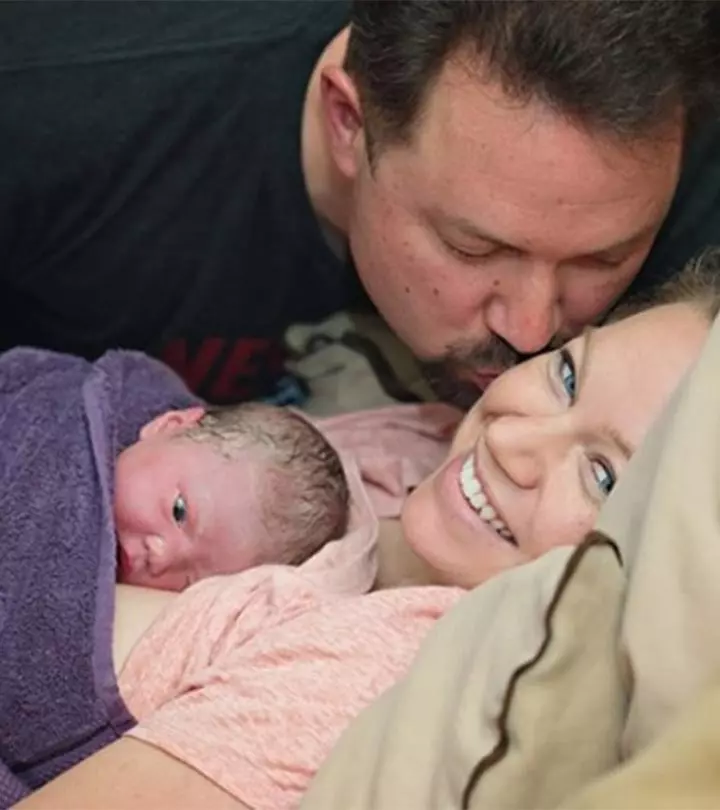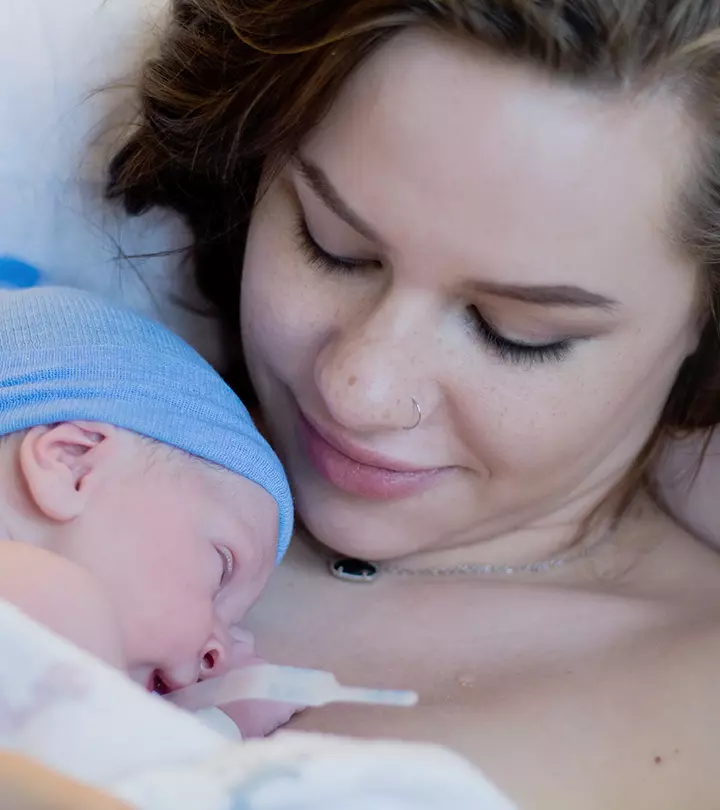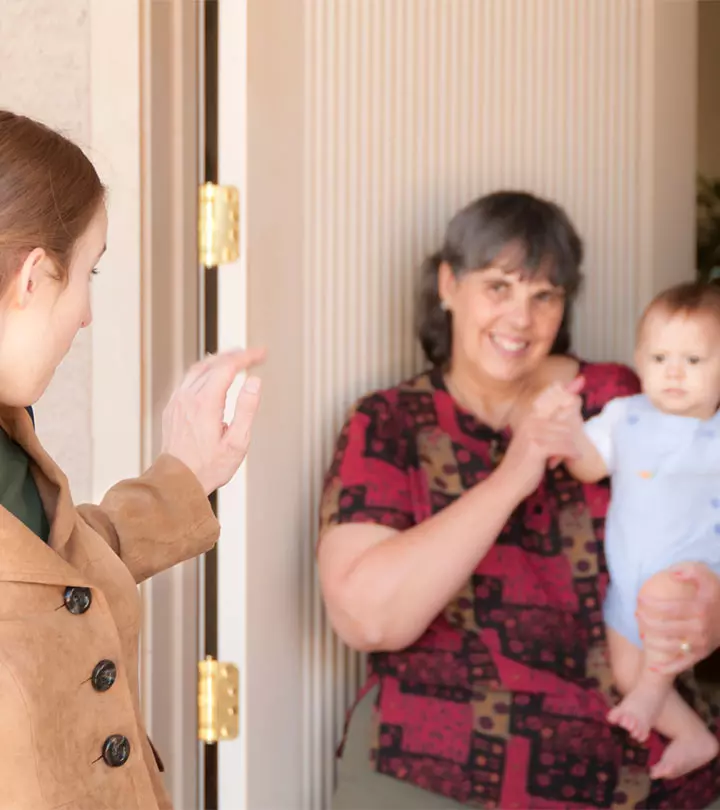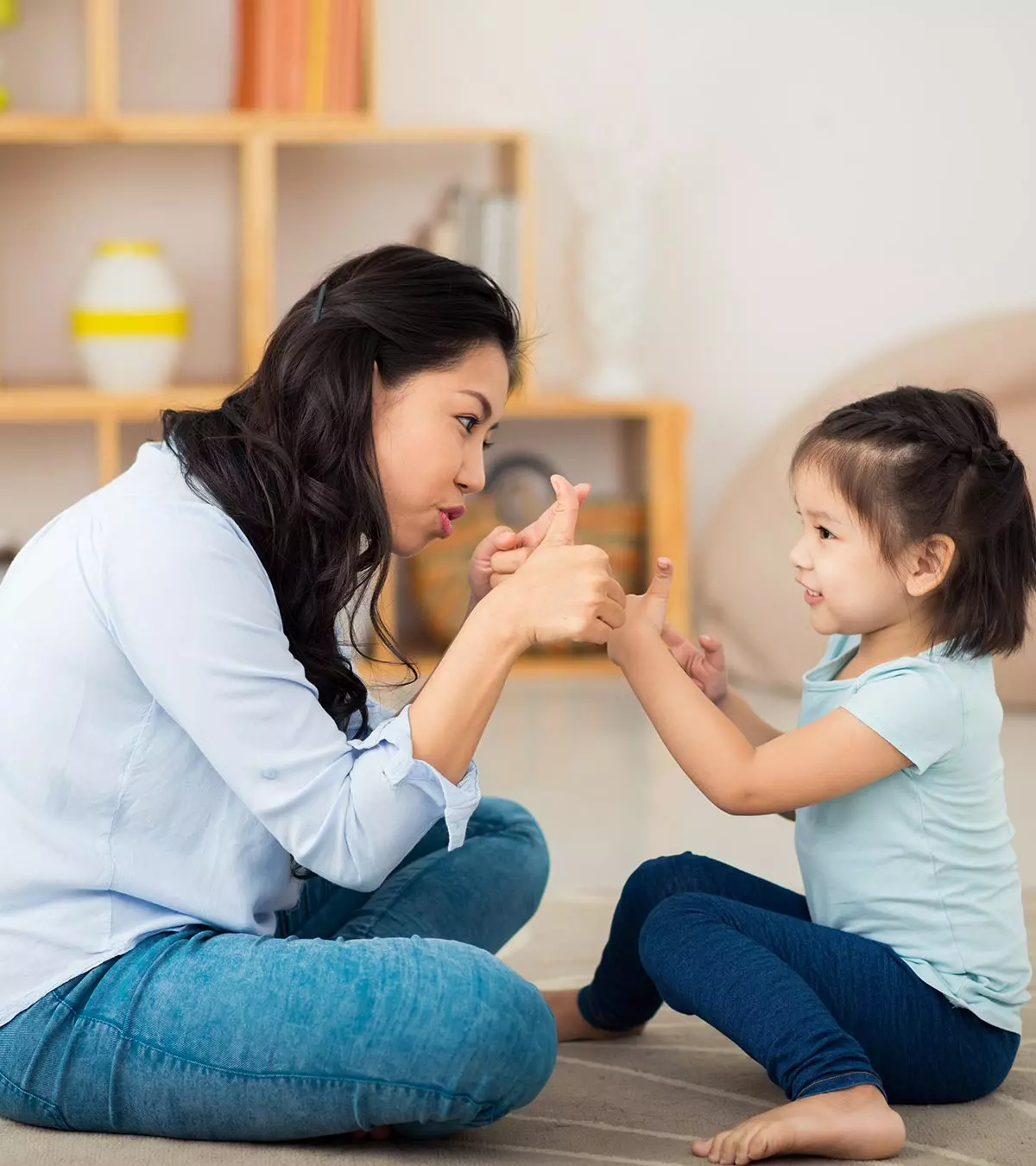

Image: Shutterstock
As parents, we sometimes tend to forget where to draw the line when it comes to teaching kids to be self-sufficient. It is important to create certain boundaries and not let your child be entirely dependent on you after they are past the toddler phase. You don’t want your kids to be lazy and irresponsible as they grow older, and the best way to instill all the good qualities you want in them is by starting at a young age. Not only will it lessen the burden of responsibilities and allow you some time for yourself, but your children will also learn an important life skill—self-sufficiency. Moms, there’s no shame in letting your kids do these day to day activities on their own. Rather, you should make it a point that they do it with no help from you. Curious to know what they are? Read below.
1. Searching For Your Child’s Missing Toys
Image: Shutterstock
Your kids play with their toys all the time and it’s their responsibility. But oftentimes they forget this fact and chuck them in a spontaneous fashion behind the bed or under the closet. It’s like there is a black hole in the room that sucks away one toy at a time until there are no more. Every parent is familiar with their little one running to them and asking them to help look for their toy. On some days, you find it within a few minutes in an obvious location, and on other days it takes several hours. And some get lost for eternity like a missing pair of sock that can never be found. Kids should know that their toys are their responsibility. So, the next time they run to you, make sure that they have looked for it everywhere in the house—high, low, over, and under—before they ask for your help.
2. Clearing Their Plates
Image: Shutterstock
If your kids are capable enough to clear their plates, why wait until they are a certain age? It’s best to instill this habit young. Make sure they get everything: the cup, the napkin, the spoon, the piece of sandwich or rice that they dropped on the table. It takes so little time but develops a great habit. Before you know it, they will start to do it everywhere they go, at a guest’s house or sleepover at their friends’.
3. Getting Them Dressed For School
Image: Shutterstock
Of course, they’re gonna need help with choosing the outfits, doing their hair, or with ties and/or buttons. But you don’t need to dress them from head to toe like when they were infants. If you are a mum who enjoys dressing your little one by yourself and wants to savor these moments as long as you can, feel free to do it. But it’s important to teach them how to zip up or button their pants because you don’t want them to feel helpless, especially when you aren’t around to assist them.
4. Wiping Their Pee
Image: Shutterstock
Your kids may not be adept at wiping or washing their bottom after number two, but you can certainly let them clean themselves after peeing. Kids take their own sweet time to be completely potty trained, and for hygiene reasons, it may not be advisable to let them wash themselves after using the potty or toilet if they are too young. But you can certainly teach them how to wash or wipe themselves after peeing so that they don’t have to wait for you to come every time they yell “Mommy, I’m done” from the toilet.
5. Holding The Items They Brought Along For The Ride
Image: Shutterstock
If your child wanted to bring his/her favorite barbie to the grocery store or their stuffed animal to the zoo, it’s highly likely that you will be the one carrying them 5 minutes into the trip. And while some parents might be fine with it, it’s pretty hard to carry a huge stuffed teddy bear with you when you are carrying a trolley and a handbag. It’s inconvenient and you didn’t sign up for this when you agreed that they can bring their “friend”. Their toy, their responsibility. Period.
Just like it’s important to teach your kids kindness and compassion, it is also important in helping them feel comfortable and confident in being self-sufficient. And it starts with taking small steps and letting them do things that they are fully capable of doing.
Community Experiences
Join the conversation and become a part of our nurturing community! Share your stories, experiences, and insights to connect with fellow parents.

